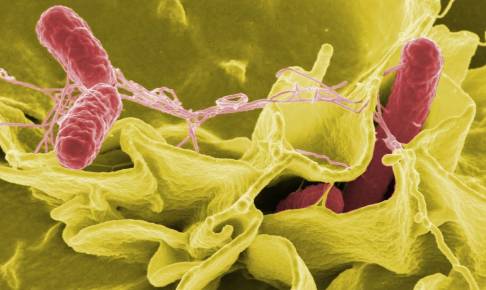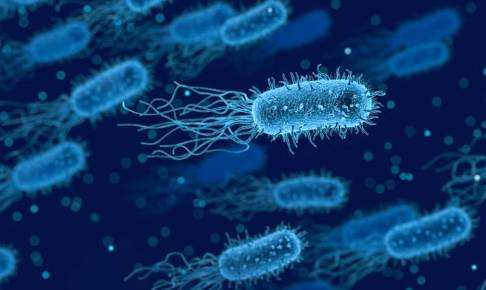Fast and easy Listeria test proposed by university researchers
A group of scientists of the University of Georgia College of Engineering (UGA) has recently published an article where they describe a new rapid diagnostic method for Listeria detection based on electrochemical biosensing principles.
Listeria monocytogenes is a common foodborne pathogen that has been responsible for many foodborne illness outbreaks around the world.
Listeriosis is a serious infection usually caused by eating food contaminated with the bacterium L. monocytogenes. Listeriosis was one of the most severe zoonotic diseases with the highest case fatality in 2020, as presented in the latest European Union One Health Zoonoses Report.
Currently, Listeria contamination in food products is identified only through molecular tests conducted in diagnostic laboratories on samples collected during the production and distribution processes. Although very accurate, these types of analyses are usually time-consuming, expensive, and applicable only by qualified personnel in suitable facilities.
The UGA researchers developed a potentially disruptive rapid diagnostic method based on electrochemical biosensing principles that use bacteriophages (viruses that infect and replicate within bacteria) as bioreceptors for selective identification and quantification of L. monocytogenes.
Bacteriophages are considered excellent biorecognition elements in biosensors thanks to their robust stability in different conditions and their ability to distinguish between live and dead bacterial cells.
The researchers developed the impedimetric biosensing platform for L. monocytogenes by immobilizing P100 bacteriophage onto quarternized polyethylenimine modified carbon nanotubes using an in-house developed molecular tethering method.
According to the authors, the resulting sensor showed high selectivity and sensitivity toward L. monocytogenes (LOD 8.4 CFU/ml) demonstrating that the biosensing platform is highly reliable in its selectivity towards its target analyte.
The UGA researchers described electrochemical biosensors as good alternatives to molecular detection methods due to their ease of use, high specificity, sensitivity, and low cost.
Sources:
https://iopscience.iop.org/article/10.1149/1945-7111/ac7a63/meta






















